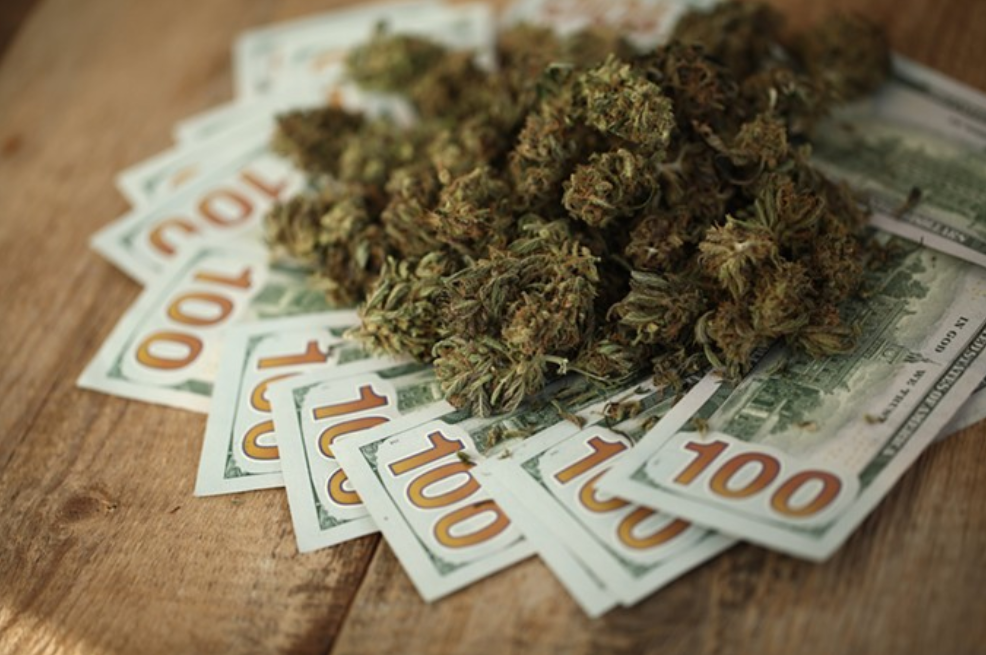Wealthy Countries Donated $974 Million to the Global War on Cannabis and Other Drugs
According to research conducted by Harm Reduction International (HRI), wealthy countries have donated a total of $974.6 million (94 billion rubles) to other nations to support the fight against cannabis and other drugs.
The U.S. Spent the Most on Maintaining the Cannabis Ban
HRI researchers analyzed data published by the Organization for Economic Cooperation and Development and found that, over the ten-year period from 2012 to 2021, 30 countries allocated at least $974.6 million to strengthen drug control measures in other countries. The top international funders of the global war on drugs were:
- United States ($550 million – 53 billion rubles)
- European Union ($282 million – 27.2 billion rubles)
- Japan ($78 million – 7.5 billion rubles)
- United Kingdom ($22 million – 2.1 billion rubles)
- Germany ($12 million – 1.2 billion rubles)
- Finland ($9 million – 867.8 million rubles)
Among the top 20 countries that spent the most on fighting drugs abroad, only one post-Soviet country made the list: Kazakhstan, which donated $650,000 (62.7 million rubles).
Notably, more money was donated to the war on cannabis and other illegal drugs than to many other important initiatives. For example, all countries combined contributed $598 million (57.7 billion rubles) to environmental education programs and $278.5 million (26.9 billion rubles) to pharmaceutical production.
Colombia and Afghanistan Received the Most Funding for Drug Control
The top five recipients of donations for the fight against cannabis and other drugs were:
- Colombia ($111.7 million – 10.8 billion rubles)
- Afghanistan ($98.4 million – 9.5 billion rubles)
- Bolivia ($87.7 million – 8.5 billion rubles)
- Peru ($76.8 million – 7.4 billion rubles)
- Nigeria ($44 million – 4.2 billion rubles)
Among the former Soviet republics, Uzbekistan appeared in the top 20 recipients, receiving $5.4 million (520.7 million rubles) for drug control efforts.
Last year, the area of coca cultivation in Colombia reached a record 230,000 hectares, maintaining its status as the world’s leading cocaine producer. Peru and Bolivia ranked second and third, respectively, in terms of cocaine output. Afghanistan remains the largest supplier of heroin and hashish. These facts make it clear that funding the war on drugs has proven ineffective, having little noticeable impact on the situation.



